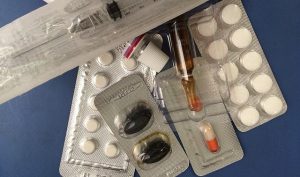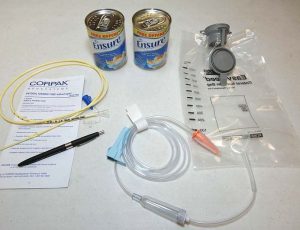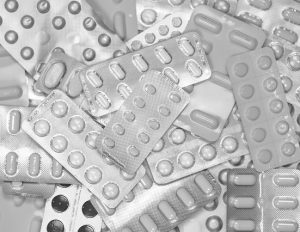
Overtreatment is a chronic problem among the aging population. It’s common wisdom that there are health problems that are unique for elderly people; therefore they are likely to have more than one specialist involved in their medical care. Research has shown that the larger the number of doctors who get involved in the treatment of an individual, the more likely is that he or she will undergo unnecessary procedures and be prescribed conflicting medications. The problem is that, in their age, unnecessary surgeries and tests can have dire consequences.
 The following treatments and tests are commonly prescribed for aging adults, but physicians, seniors, and their family caregivers should carefully consider the potential side effects of each before making the final decision. Also, keep in mind that each patient is different. Therefore, these interventions may be necessary for some seniors, despite the risks involved.
The following treatments and tests are commonly prescribed for aging adults, but physicians, seniors, and their family caregivers should carefully consider the potential side effects of each before making the final decision. Also, keep in mind that each patient is different. Therefore, these interventions may be necessary for some seniors, despite the risks involved.
Cholesterol-lowering Drugs
Cholesterol-lowering medications are undoubtedly beneficial and necessary for middle-aged patients who suffer from certain heart conditions. However, these drugs, also called statins, are not bound to help those in their 70s, 80s, or 90s. All drugs can cause unwanted side effects, and statins are no different in this regard — neuropathy, muscle damage and weakness, cognitive impairment, and increased risk of losing balance and falling. The probability that the individual will experience these side effects increases with age. Research has also proven that low levels of cholesterol may actually be harmful to some older adults.
Feeding Tubes
 For people who have severe dementia and can no longer eat on their own or swallow food, percutaneous feeding tubes are sometimes necessary to ensure adequate nutrition and prevent aspiration. However, many respectable medical institutions caution against feeding tube placement in patients in the later stages of dementia. They claim that oral assisted feeding is a much less harmful option. According to AMDA, tube feeding can cause diarrhea, fluid overload, local complications, and abdominal pain.
For people who have severe dementia and can no longer eat on their own or swallow food, percutaneous feeding tubes are sometimes necessary to ensure adequate nutrition and prevent aspiration. However, many respectable medical institutions caution against feeding tube placement in patients in the later stages of dementia. They claim that oral assisted feeding is a much less harmful option. According to AMDA, tube feeding can cause diarrhea, fluid overload, local complications, and abdominal pain.
Antipsychotic Medications
Both the AMDA (American Medical Directors Association) and the AGS (American Geriatrics Society) advise against antipsychotic meds, such as risperidone, quetiapine, and olanzapine. Namely, they suggest that these drugs should be prescribed only as a last resort, and when all other nonpharmacologic methods have already been attempted. According to the AGS, antipsychotic meds have shown to provide limited benefit and can cause serious harm. The effectiveness of these medications varies, depending on the type of dementia the patient has.
 An ongoing debate between elder care experts and medical professionals about the effectiveness of the drugs has been raging for quite some time now. They have tried to point out the positive effects of these drugs on people with dementia, as opposed to the potential side effects. Namely, antidepressants have serious and potentially fatal adverse effects, including permanent brain damage which can cause confusion, dizziness, incontinence, and there is even an increased risk of sudden death.
An ongoing debate between elder care experts and medical professionals about the effectiveness of the drugs has been raging for quite some time now. They have tried to point out the positive effects of these drugs on people with dementia, as opposed to the potential side effects. Namely, antidepressants have serious and potentially fatal adverse effects, including permanent brain damage which can cause confusion, dizziness, incontinence, and there is even an increased risk of sudden death.

